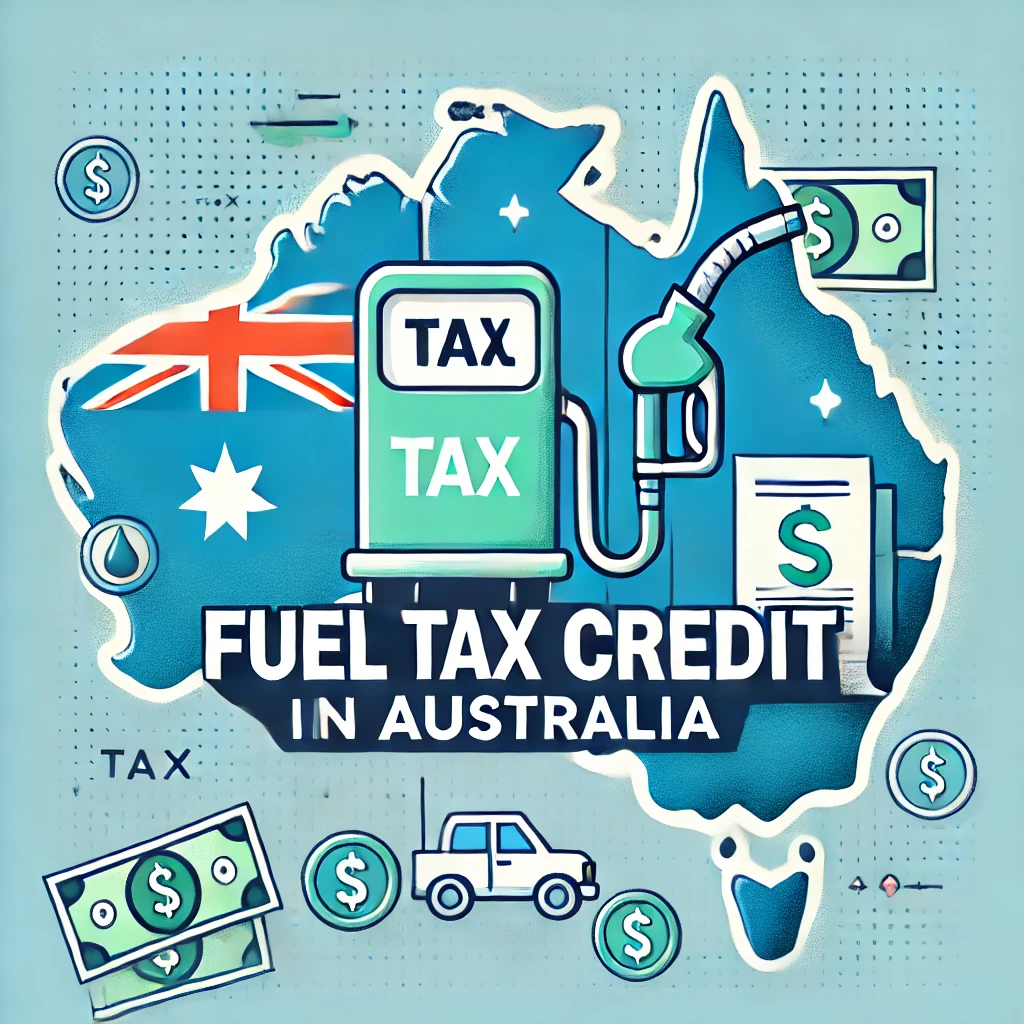Overview of Fuel Tax Credit
Fuel tax credits provide businesses with a rebate for the fuel tax included in the price of fuel used in business operations. This initiative is designed to reduce the overall cost of fuel for businesses, thereby enhancing their operational efficiency and financial performance.
Importance for Businesses in Australia
For businesses in Australia, fuel tax credits are a significant financial relief, especially for those in industries heavily reliant on fuel consumption such as transportation, construction, and agriculture. By understanding and utilizing these credits, businesses can effectively reduce their operational costs and improve their bottom line.
Understanding Fuel Tax Credit
Definition and Purpose
What is fuel tax credit? It is a government initiative that allows businesses to claim a rebate on the fuel tax paid for fuel used in business activities. The primary purpose is to alleviate the financial burden of fuel costs, thereby supporting business growth and sustainability.
How It Works
Calculating fuel tax credits involves determining the amount of eligible fuel used in business operations and applying the current fuel tax credits rates. Businesses must maintain accurate records of fuel usage and ensure compliance with eligibility criteria to successfully claim these credits.
Eligibility Criteria
Types of Businesses Eligible
Fuel tax credits eligibility extends to a wide range of businesses, including those in the transport, construction, mining, and agricultural sectors. Eligibility is determined by the type of business activity and the fuel used in these activities.
Eligible Fuel Types
Eligible fuel types for fuel tax credits include diesel, petrol, and other specified fuels used in machinery, vehicles, and equipment for business purposes. It is crucial for businesses to verify the eligibility of the fuel types they use to ensure compliance.
Usage Requirements
To qualify for fuel tax credits, the fuel must be used in business operations, such as powering machinery, vehicles, or equipment. Businesses must demonstrate that the fuel is used for eligible activities to claim the credit.
This response was truncated. Increase the cut-off limit or choose a model with a larger context window.
Recent Changes and Updates
A. Policy Changes
Recent policy changes have adjusted the rates and eligibility criteria for the Fuel Tax Credit. These changes aim to streamline the process and ensure that businesses can more easily access the credits they are entitled to. It’s crucial for businesses to stay informed about these updates to maximize their benefits.
B. Impact on Businesses
The impact of these changes on businesses varies. Some may find increased savings due to expanded eligibility, while others may need to adjust their record-keeping practices to comply with new requirements. Understanding these impacts can help businesses adapt and continue to benefit from the Fuel Tax Credit.
Case Studies
A. Successful Claims
Several businesses have successfully claimed the Fuel Tax Credit, resulting in significant savings. For example, a logistics company optimized its fuel usage and improved its record-keeping, leading to a 15% increase in their credit claim.
B. Lessons Learned
Key lessons from these case studies include the importance of accurate documentation and the benefits of using technology to track fuel usage. Businesses that invest in these areas often see the most substantial returns from their Fuel Tax Credit claims.
A. Recap of Benefits
The Fuel Tax Credit offers significant financial benefits to eligible businesses in Australia, helping to offset fuel costs and improve overall profitability. By understanding the eligibility criteria, calculation methods, and recent changes, businesses can effectively leverage this credit.
B. Encouragement to Utilize the Credit
Businesses are encouraged to take full advantage of the Fuel Tax Credit. By staying informed and implementing best practices, they can ensure they are maximizing their potential savings and contributing to a more efficient operation.
X. Additional Resources
A. Government Websites
B. Professional Consultation Services
For businesses seeking personalized advice, consulting with a tax professional or accountant can provide tailored strategies tohtml
